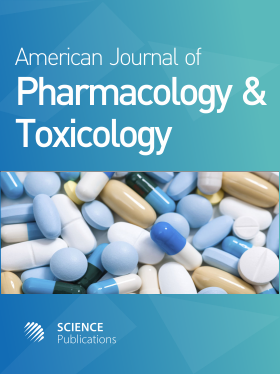Effect of Stevia Consumption on Blood Pressure, Stress Hormone Levels and Anthropometrical Parameters in Healthy Persons
- 1 Queen Margaret University, United Kingdom
- 2 Philadelphia University, Jordan
Abstract
Stevia is a natural sweetener containing steviol glycosides known to be several times sweeter than sucrose. It is thought to have several beneficial properties though some evidence state it may have detrimental effects. The aim of this study was to investigate the potential beneficial or harmful effects of stevia consumption by exploring its effects on blood pressure, stress hormone levels and anthropometrical markers in A crossover placebo controlled study was conducted on 16 volunteers randomly assigned to consume either stevia or a placebo (sugar) for one week. The measurements were attained on three different occasions and each volunteer was allowed a 3-day initiation period before baseline and in between interventions. The systolic BP increased following stevia intake from 114.5±12.7 to 119.9±12.9mmHg (p<0.001) and diastolic BP from 70.8±9.4 to 75.7±9.6mmHg (p<0.01). Systolic BP increased slightly after the sugar placebo to 115.3±13.6 mmHg (not significant). The mean free cortisol excreted in urine has increased from 91.8±49.1 to 125.7±60.5nmole/day (p<0.01) after the stevia and to 109.1±42.6nmole/day after the placebo (p = 0.210). The ratio of urinary free cortisol/cortisone showed a statistically significant increase from 1.73±0.78 to 2.65±1.03 after stevia (p<0.0001). Salivary cortisol levels have also increased (p<0.01 at AM) after stevia. Placebo intake did not produce a significant change in salivary cortisol. The ratio of salivary cortisol/cortisone during the stevia has increased only in the morning (from 1.22±0.65 to 1.75±0.72, p = 0.05) and a modest increase in the daily average of salivary cortisol/cortisone. There was small insignificant reduction in weight and BMI after stevia intervention (p = 0.246 and p = 0.249 respectively). In conclusion, we have shown that short term stevia intake produced a small but significant increase in BP and effect on body weight and BMI were not significant. The rise in BP might be due to the increase in cortisol levels and cortisol/cortisone ratio indicating that stevia may possibly inhibit 11β-HSD2 enzyme by reducing the conversion of cortisol into cortisone. Therefore caution should be taken by the public who want to consume stevia for longer period of time as a weight reducing sweetener.
DOI: https://doi.org/10.3844/ajptsp.2017.7.17

- 10,844 Views
- 6,124 Downloads
- 31 Citations
Download
Keywords
- Stevia
- Sweeteners
- Blood Pressure
- BMI
- Glucocorticoids
- 11β-HSD
